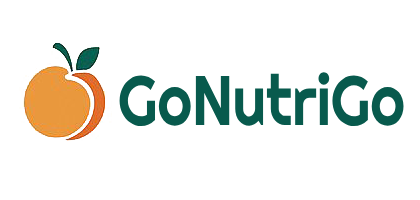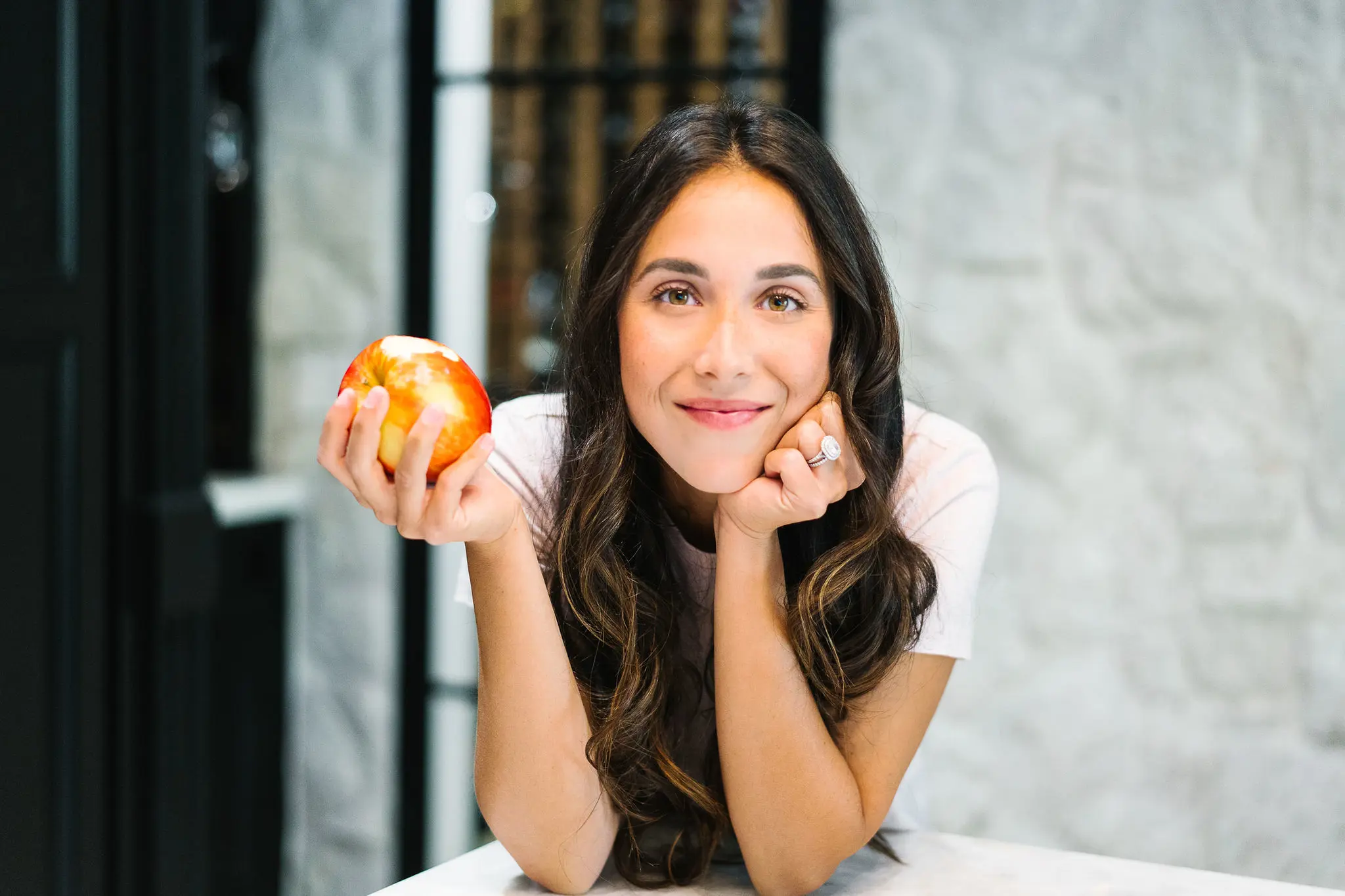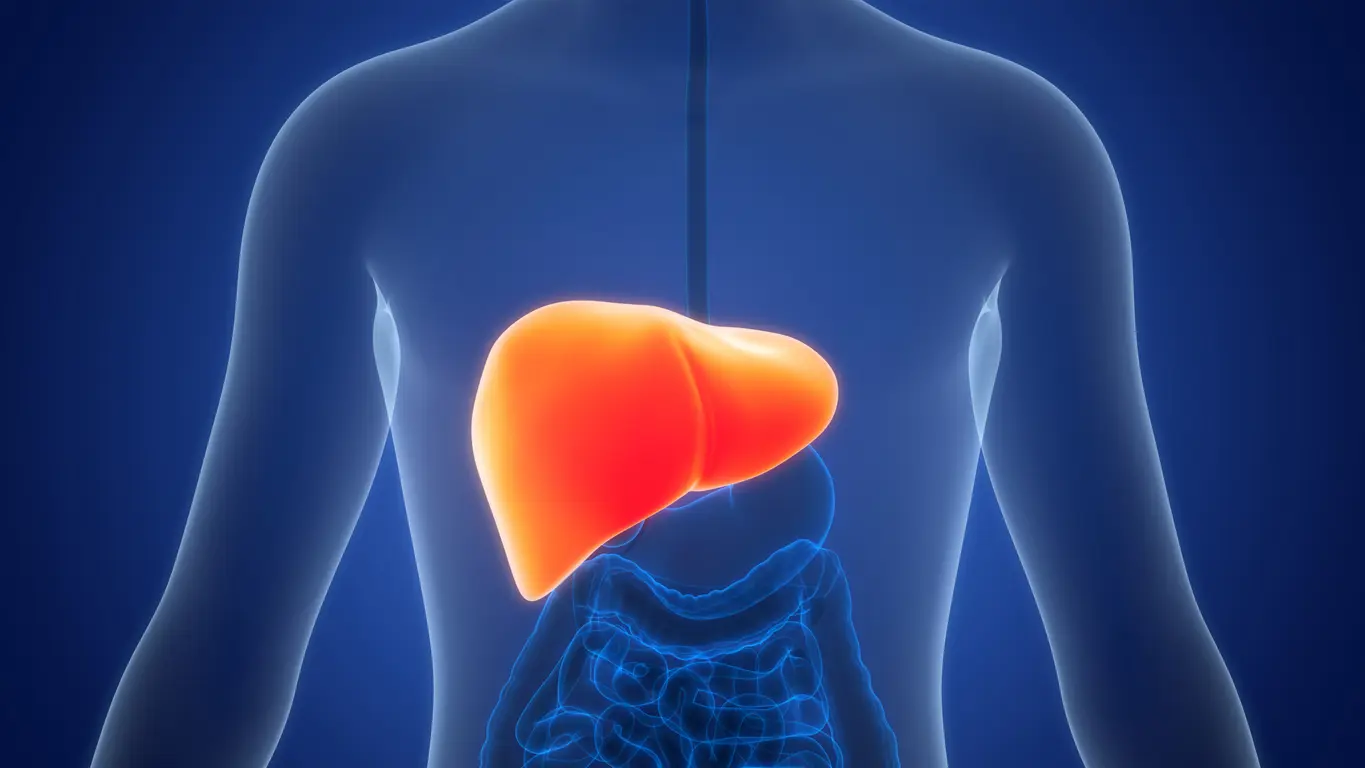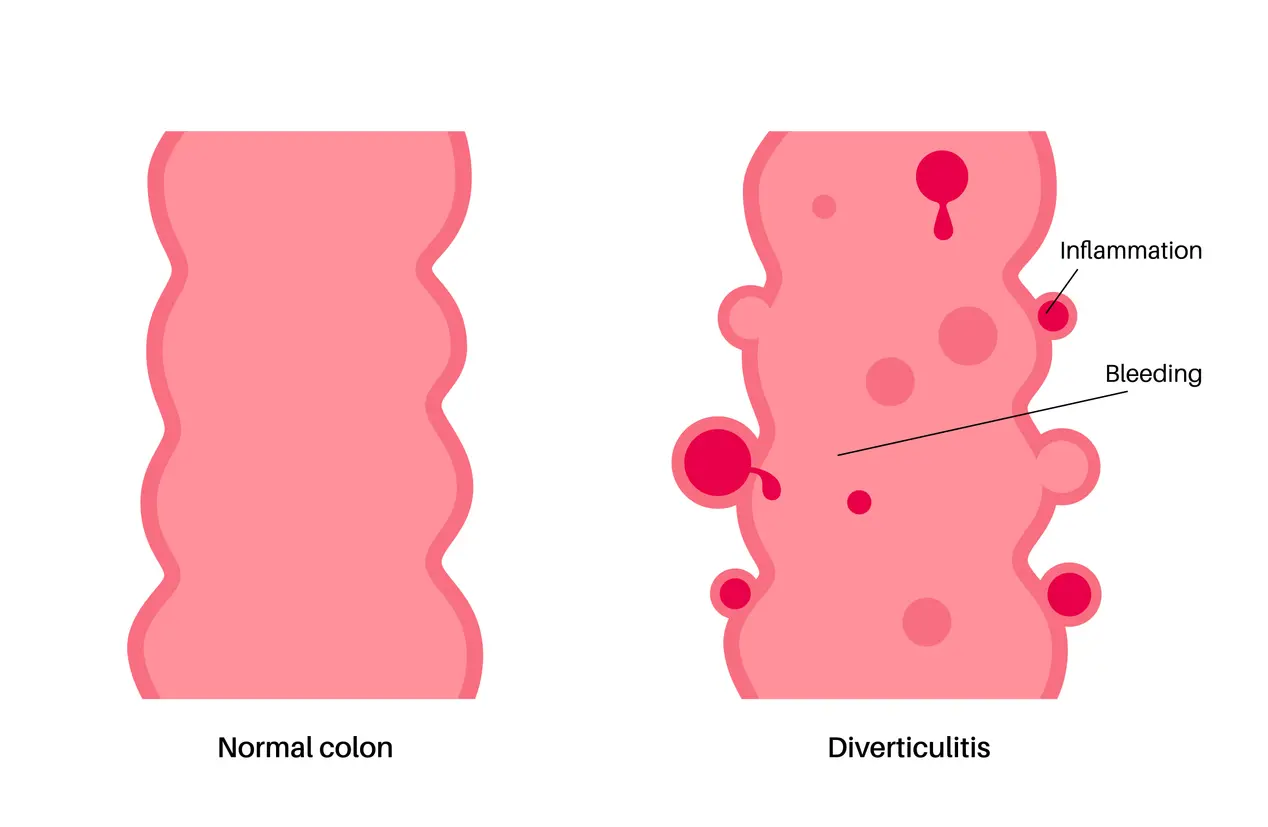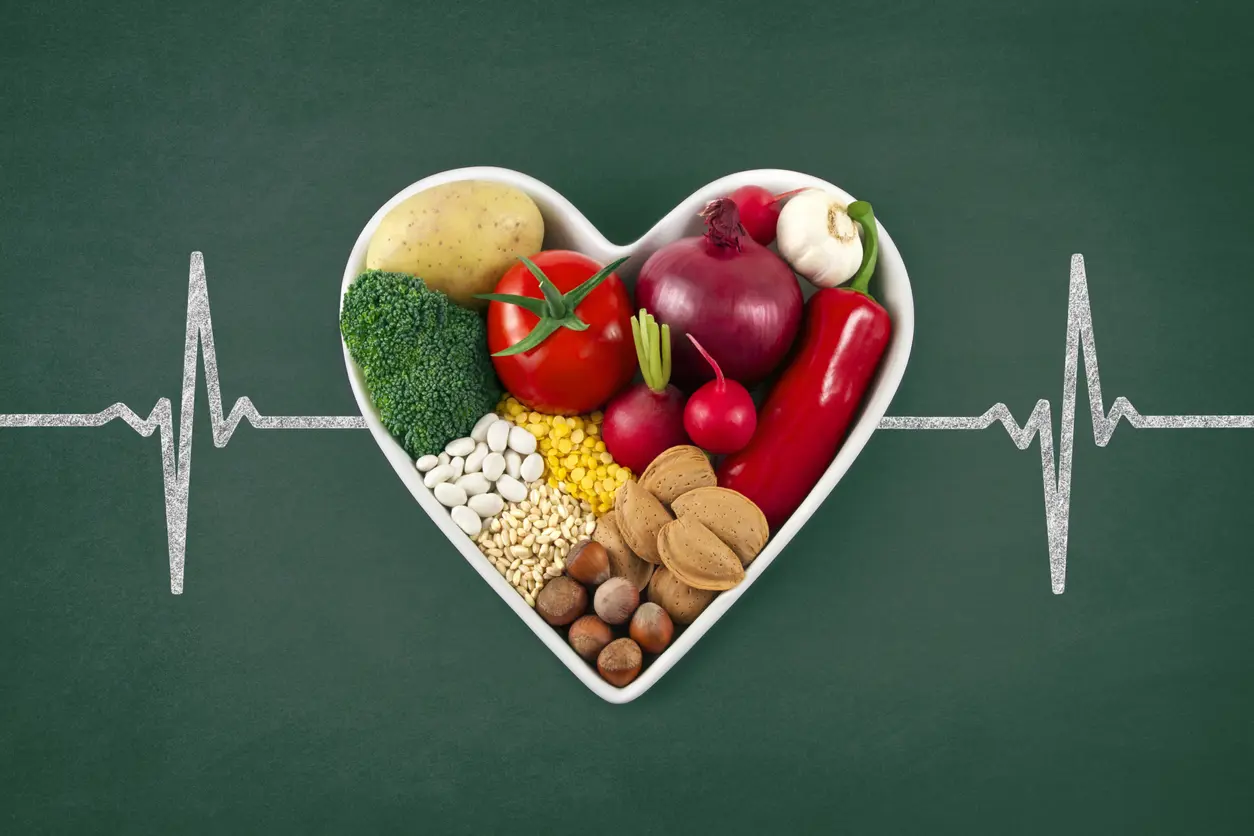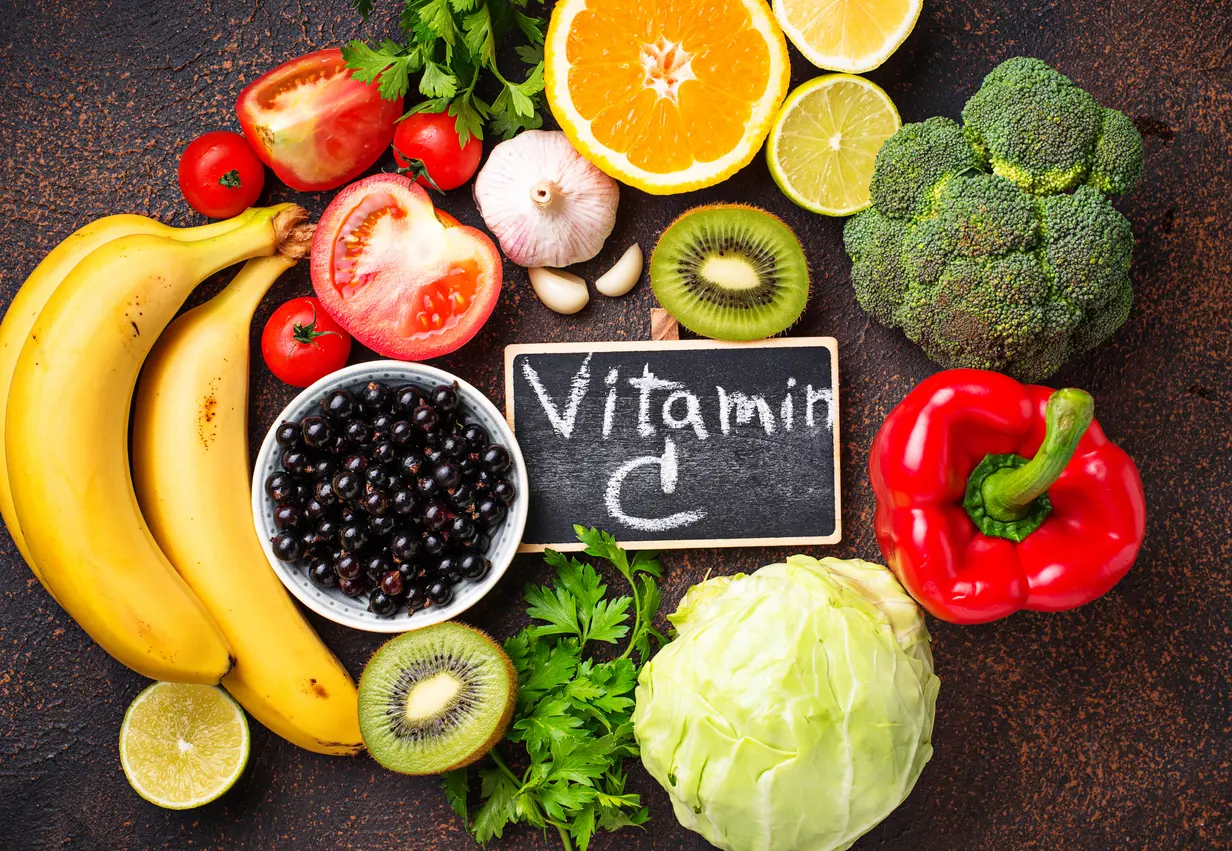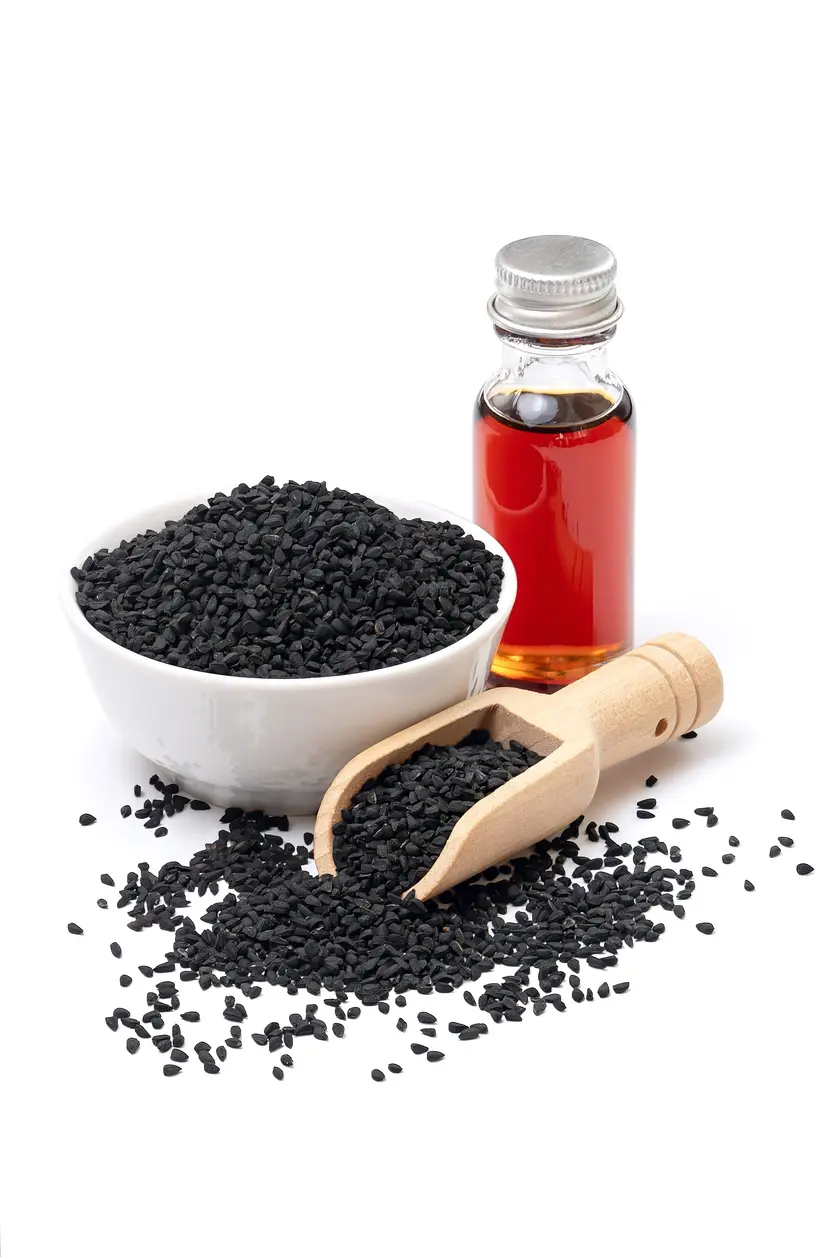Breastfeeding Diet: Foods to Eat and Avoid to Support Milk Supply

Breastfeeding is a special time for both mothers and babies. Mom's healthy breastfeeding diet helps her maintain her milk supply and stay well-nourished. Some women worry about their diet during this time and wonder how what they are eating affects their milk supply and their baby.
If you are wondering how to eat to better support breastmilk supply, you are in the right place. Discover the best breastfeeding diet for moms. Learn which foods support milk supply and which to avoid, and get nutrition tips with a sample meal plan here.
Why Nutrition Matters During Breastfeeding
Moms who are breastfeeding have higher calorie and nutrient needs. Based on her unique needs, her diet, and her activity levels, a breastfeeding mom should consume an additional 330 to 400 calories per day. [1] Maternal diet and breastfeeding. Breastfeeding Special Circumstances. Published September 23, 2025. Accessed October 2, 2025.
While women are breastfeeding, they also have increased requirements for specific vitamins and minerals. For this reason, the mother's healthcare provider may recommend taking a prenatal or postnatal vitamin during breastfeeding. [1] Maternal diet and breastfeeding. Breastfeeding Special Circumstances. Published September 23, 2025. Accessed October 2, 2025. For personalized guidance, consult a qualified care provider.
A mother’s diet influences milk quality and supply, and the topic of what to eat while breastfeeding deserves more attention. A well-balanced diet rich in protein, whole grains, and produce is generally recommended. [2] What to eat while breastfeeding your baby. Mayo Clinic. Accessed October 2, 2025. Increasing variety also helps vary the flavor of the milk. [2] What to eat while breastfeeding your baby. Mayo Clinic. Accessed October 2, 2025. Poorly balanced nutrition may impact the quality and quantity of the milk.
Water is the base of breastmilk, so getting enough water is also key. Drinking more water can help ensure that mom and baby are well-hydrated. To ensure that you are getting enough water, try drinking one eight-ounce glass of water hourly. You can also use the number of times you are peeing as an indicator of being well-hydrated. For personalized guidance on how much water you should be drinking, consult your care provider.
Foods to Eat While Breastfeeding (Boost Milk Supply and Recovery)
Certain foods may help boost milk supply and recovery.
Protein-Rich Foods
Getting enough protein helps improve milk supply and maternal recovery. Proteins such as lean meats, eggs, legumes, and fish can all help mom feed enough of her lean muscle tissue and benefit her milk supply. Breastfeeding moms are generally advised to consume at least five to seven ounces of protein daily. Still, this recommendation can vary based on the mom’s weight, activity levels, and lifestyle factors. [3] Northwestern Medicine Staff. Can you increase your breastmilk supply with your diet? Northwestern Medicine.Published August 2, 2024. Accessed October 2, 2025.
Whole Grains and Complex Carbs
Consuming enough whole grains and complex carbohydrates, such as oats, quinoa, and brown rice, may help boost milk supply and speed recovery. These carbs are a good energy source for the body to use with ease. [4] Website N. Breastfeeding and diet. NHS.uk. Published November 22, 2024. Accessed October 2, 2025
Healthy Fats
Eating enough healthy fats can also improve milk supply. Choosing fats such as avocados, nuts, seeds, olive oil, and fish high in omega-3 fatty acids can be supportive. It is recommended to aim for two daily servings of fatty fish, which include salmon, mackerel, anchovies, sardines, and herring. [4] Website N. Breastfeeding and diet. NHS.uk. Published November 22, 2024. Accessed October 2, 2025
Dairy or Alternatives
Getting enough calcium and vitamin D can also support milk supply. Dairy-based foods and dairy alternatives are excellent sources of vitamin D and calcium. These include foods like yogurt, milk, cheese, tofu, and plant-based sources that are enriched with calcium and vitamin D. [4] Website N. Breastfeeding and diet. NHS.uk. Published November 22, 2024. Accessed October 2, 2025 Depending on their needs, breastfeeding moms may also need to supplement with vitamin D. It is best to consult a qualified healthcare provider for personalized guidance.
Fruits and Vegetables
Eating a variety of fruits and vegetables for vitamins, antioxidants, and hydration can also boost milk supply. It is recommended that breastfeeding moms get in two servings of fruit and three servings of vegetables daily. [5] Philadelphia CHO. Diet for breastfeeding mothers. Children’s Hospital of Philadelphia. Accessed October 2, 2025. Trying to “eat the rainbow” when it comes to fruits and vegetables allows for more color intake, which translates to greater antioxidant intake.
Galactagogues (Milk-Supply Boosters)
Certain foods, such as oats, fenugreek, fennel, moringa, and brewer’s yeast, are galactagogues, which can provide additional support for increasing milk supply naturally. [6] Zion T. Selection and use of galactagogues. La Leche League International. Published April 17, 2023. Accessed October 2, 2025. These are best added to an otherwise well-balanced diet.
Hydration
Getting enough water is critical for hydrating the body and maintaining its supply. The good news is that it doesn't mean just drink a lot of water. Soups and certain safe herbal teas can also contribute to daily water intake. When in doubt, though, focus on plain water for hydrating purposes.
Foods to Avoid While Breastfeeding
While moms don’t need to limit too many foods during breastfeeding, it is essential to know what not to eat during that period.
High-Mercury Fish
Breastfeeding moms should avoid certain high-mercury fish, such as swordfish and king mackerel, as the mercury content can transfer into the milk. [7] Food and drinks to avoid when breastfeeding - Best Start in Life. NHS.uk. Accessed October 2, 2025. Choose lower-mercury fish such as salmon, canned light or skipjack tuna, or shrimp.
Alcohol and Caffeine
Both alcohol and caffeine pass through the blood into breastmilk. For alcohol, it is recommended to wait two to three hours per drink in between drinking and breastfeeding to allow time for the alcohol to leave your blood. [7] Food and drinks to avoid when breastfeeding - Best Start in Life. NHS.uk. Accessed October 2, 2025. It is also recommended to stay below 300 mg of caffeine while breastfeeding. For reference, one cup of coffee usually contains about 140 mg of caffeine. [7] Food and drinks to avoid when breastfeeding - Best Start in Life. NHS.uk. Accessed October 2, 2025.
Processed and Sugary Foods
While consuming some sugar and processed foods is okay in moderation, it is better to opt for whole, nutrient-dense options when possible. Processed and sugary foods have a lower nutrient value for mom and may cause unwanted fatigue. [8] Vuong Z. From mother to baby: ‘Secondhand sugars’ can pass through breastmilk. Newsroom. Published November 19, 2023. Accessed October 2, 2025. Some of the nutrients, like fructose, from these types of foods are also passed through the breastmilk. [8] Vuong Z. From mother to baby: ‘Secondhand sugars’ can pass through breastmilk. Newsroom. Published November 19, 2023. Accessed October 2, 2025.
Spicy and Gas-Producing Foods
For some babies, moms may need to avoid spicy or gas-producing foods. This is a case-by-case sensitivity, and it is best to consult your doctor for personalized recommendations. [9] What’s causing gas in my breastfed baby? Texas Children’s. Published February 5, 2025. Accessed October 2, 2025.
Allergens
Similarly, some moms may need to avoid certain high-allergen foods such as dairy, nuts, or soy if the babies are having reactions. [9] What’s causing gas in my breastfed baby? Texas Children’s. Published February 5, 2025. Accessed October 2, 2025.
Herbal Supplements
Some herbal and other supplements are not considered safe for breastfeeding moms. [10] The Royal Women’s Hospital. Complementary medicines and breastfeeding. The Royal Women’s Hospital.Accessed October 2, 2025. It is best to consult a doctor before taking them.
Use this table as a reference for foods to eat versus foods to avoid:
| Foods to Eat | Foods to Avoid |
|---|---|
| Proteins: chicken, turkey, fish, eggs, dairy, tofu | High mercury fish: swordfish, ahi tuna, shark, king mackerel |
| Whole grains: whole wheat bread, wild rice, couscous, quinoa, barley | Alcohol |
| Healthy fats: avocado, nuts, seeds, olive oil | Too much caffeine |
| Dairy: yogurt, cheese, kefir | Processed foods containing sugars |
| Produce: berries, leafy greens, banana, potatoes, apples | Spicy or gas producing foods or allergenic foods (if your baby is sensitive to these foods) |
| Galactagogues: oats, fenugreek, brewer's yeast | Certain herbs and herbal supplements |
Sample Breastfeeding Diet Plan
To include healthy meals for breastfeeding (and some delicious snacks, too), experiment with some of these ideas:
- Breakfast: scrambled eggs with cheese, avocado, and whole-grain toast
- Snack: trail mix
- Lunch: canned light or skipjack tuna salad sandwich with a side of whole-grain crackers
- Snack: veggies with hummus or dried chickpeas and fruit
- Dinner: burrito bowl with brown rice, black beans, ground beef, and stir-fried veggies, topped with cheddar cheese and avocado
- Water: a daily minimum of 128 ounces, based on the mom's unique needs.
To make healthy meals and snacks easily accessible, try meal prepping ahead of time, buying pre-prepped options from the store, and/or getting extras of sides from restaurants while ordering takeout. There isn't one best diet for breastfeeding mothers, so it is essential to make nutrition choices that are realistic and achievable.
Practical Tips for Breastfeeding Nutrition
To make nutrition easier during breastfeeding, use some of these breastfeeding nutrition tips:
- Meal prep ahead of time to have healthy snacks on hand for easy grab-and-go moments when times are busier.
- Have small and frequent meals throughout the day to help keep blood sugar in balance.
- Continue prioritizing essential supplements such as prenatal vitamins, DHA, iron, and vitamin D. Consult a qualified healthcare provider for personalized guidance.
- Consult a doctor or lactation consultant if you are unsure of how to eat or if you need clarification on which foods may be most helpful.
FAQs About a Breastfeeding Diet
Does my diet really affect breastmilk?
- Yes, what you eat does affect breastmilk composition, supply, and taste. [8] Vuong Z. From mother to baby: ‘Secondhand sugars’ can pass through breastmilk. Newsroom. Published November 19, 2023. Accessed October 2, 2025.
Can I lose weight safely while breastfeeding?
- Yes, it is possible to lose weight safely while breastfeeding. With a well-balanced diet, it is still possible to achieve a caloric deficit that aids in weight loss. [11] La Leche League International. Weight loss while breastfeeding. La Leche League International. Published January 26, 2025. Accessed October 2, 2025.
Do spicy foods harm the baby?
- No, spicier foods should not harm your baby. Some babies may be sensitive to certain foods and may show specific symptoms such as gas, but this does not happen for all babies.
What drinks are best while breastfeeding?
- Choosing hydrating and unsweetened beverages most of the time is best while breastfeeding. Water, unsweetened flavored waters, and similar beverages can be wise choices.
How much water should I drink daily?
- Moms need to stay well-hydrated during breastfeeding. It is recommended to consume at least 16 cups of water daily, or about 128 fluid ounces. [12] Nursing your baby — what you eat and drink matters. EatRight. Accessed October 2, 2025.
Conclusion
A well-balanced breastfeeding diet will help support both mom and baby in getting what they need. While there is no set breastfeeding diet, a diet that is balanced and includes moderation, variety, and adequate hydration is key. For more personalized guidance on what to eat or how to bolster your diet during breastfeeding, seek customized advice from a qualified healthcare provider.
Was this article helpful?
-
Maternal diet and breastfeeding. Breastfeeding Special Circumstances. Published September 23, 2025. Accessed October 2, 2025.;
https://www.cdc.gov/breastfeeding-special-circumstances/hcp/diet-micronutrients/maternal-diet.html -
What to eat while breastfeeding your baby. Mayo Clinic. Accessed October 2, 2025.;
https://www.mayoclinic.org/healthy-lifestyle/infant-and-toddler-health/in-depth/breastfeeding-nutrition/art-20046912 -
Northwestern Medicine Staff. Can you increase your breastmilk supply with your diet? Northwestern Medicine.Published August 2, 2024. Accessed October 2, 2025.;
https://www.nm.org/healthbeat/healthy-tips/nutrition/breastfeeding-nutrition -
Website N. Breastfeeding and diet. NHS.uk. Published November 22, 2024. Accessed October 2, 2025;
https://www.nhs.uk/baby/breastfeeding-and-bottle-feeding/breastfeeding-and-lifestyle/diet/ -
Philadelphia CHO. Diet for breastfeeding mothers. Children’s Hospital of Philadelphia. Accessed October 2, 2025.;
https://www.chop.edu/centers-programs/breastfeeding-and-lactation-program/diet-breastfeeding-mothers -
Zion T. Selection and use of galactagogues. La Leche League International. Published April 17, 2023. Accessed October 2, 2025.;
https://llli.org/news/selection-and-use-of-galactagogues-2/ -
Food and drinks to avoid when breastfeeding - Best Start in Life. NHS.uk. Accessed October 2, 2025.;
https://www.nhs.uk/best-start-in-life/baby/feeding-your-baby/breastfeeding/healthy-diet-when-breastfeeding/food-and-drinks-to-avoid-when-breastfeeding/ -
Vuong Z. From mother to baby: ‘Secondhand sugars’ can pass through breastmilk. Newsroom. Published November 19, 2023. Accessed October 2, 2025. ;
https://keck.usc.edu/news/from-mother-to-baby-secondhand-sugars-can-pass-through-breast-milk/ -
What’s causing gas in my breastfed baby? Texas Children’s. Published February 5, 2025. Accessed October 2, 2025.;
https://www.texaschildrens.org/content/wellness/whats-causing-gas-my-breastfed-baby -
The Royal Women’s Hospital. Complementary medicines and breastfeeding. The Royal Women’s Hospital.Accessed October 2, 2025.;
https://www.thewomens.org.au/health-information/breastfeeding/medicines-drugs-and-breastfeeding/complementary-medicines-and-breastfeeding -
La Leche League International. Weight loss while breastfeeding. La Leche League International. Published January 26, 2025. Accessed October 2, 2025. ;
https://llli.org/breastfeeding-info/weight-loss-mothers/?fbclid=IwZXh0bgNhZW0CMTEAAR4dxDapu5r1z9Mn1rXlNEaNTMZfgcc8BBNsQVTDopkAlqwAQ7JoxlOxv1Y-zQ_aem_3HnHMvif1BUzvLQiGDnlXw -
Nursing your baby — what you eat and drink matters. EatRight. Accessed October 2, 2025.;
https://www.eatright.org/health/pregnancy/breastfeeding-and-formula/nursing-your-baby-what-you-eat-and-drink-matters

